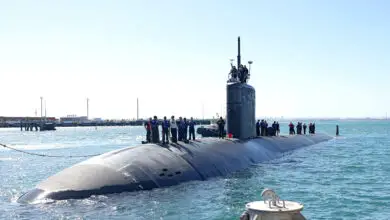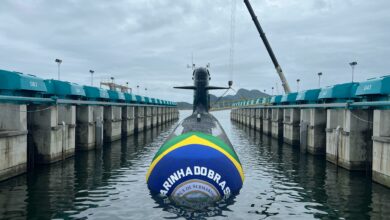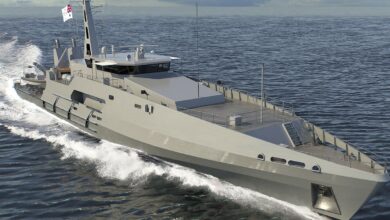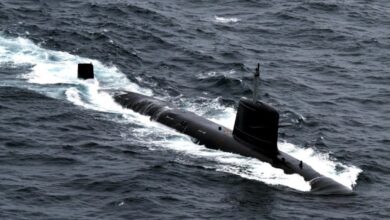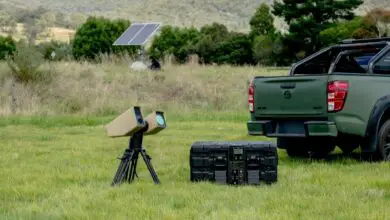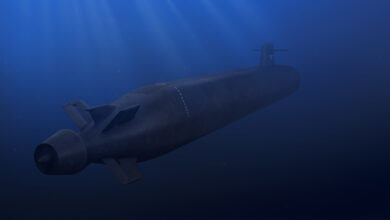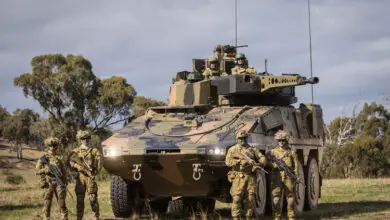Australia’s Collins-Class Submarine Fleet to Receive $6 BN Overhaul
Australia will overhaul its fleet of six Collins-class submarines amid growing uncertainty over the induction timeline of 12 French-made replacements, The Australian has reported.
Canberra will spend approximately $6 billion in a life-of-type extension for the submarines, defense minister Peter Dutton told the paper. The original plan was to refurbish just three of the underwater vessels, according to Defense Connect.
“We need to be realistic about what lies ahead by way of threat in our own region and the submarine capacity is a significant part of how we mitigate that risk and it’s important we get the program right,” Minister Dutton told the paper.
“There is no doubt in my mind that we need to pursue a life-of-type extension and we are working on that program now. All six would be on the schedule.”
Collins Upgrade
The decades-old indigenously manufactured diesel-electric submarines, first deployed in 1996, have been expected to reach the end of their service life within a few years.
The first of the vessels was due to be retired in 2026, much earlier than the induction of the first of the new submarines in the mid-2030s, according to Janes. The delay in deploying the new vessels necessitates the upgrade of all Collins-class submarines as a stopgap measure. The last of the new French replacement submarines is expected to be operational in the 2050s.
Under the Collins upgrade plan, each of the submarines will go through a refurbishment program lasting two years at the end of their service ceiling of 30 years.
Future Submarine Program
Under the Royal Australian Navy’s SEA 1000 Future Submarine Program, 12 Shortfin Barracuda Block 1A diesel-electric “Attack Class” submarines were to be jointly constructed by the Australian Submarine Corporation and French state-owned submarine builder Naval Group at a cost of approximately $35.5 billion.
However, within a year of signing the framework agreement for the project in February 2019 — after a delay of 16 months — concerns surfaced over design changes proposed by Naval Group and whether they would meet navy operational requirements, the Diplomat wrote.
According to the outlet, these concerns resulted in the navy delaying two key program milestones — Concept Studies Review and Systems Requirements Review.
Problems were compounded after the head of the Australian subsidiary of Naval Group, John Davis, raised doubts about the capability of Australian contractors to secure half of the value of the total contracts.


